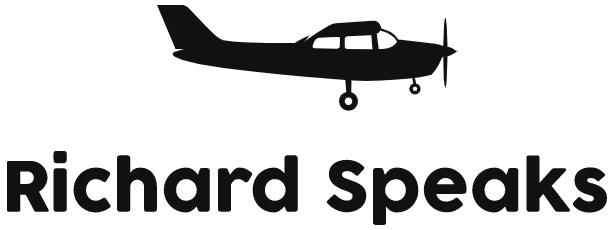
What Country Speaks German?
There are more than 100 million native speakers of the German language in the world. Another 8 million speak it as a second common language. The largest German speaking groups outside of Europe are in North America and Australia. There are small populations of German-speaking people in Africa, although these numbers are not large enough to form significant German-speaking communities. Read on to find out more about the language and the countries that speak it. We hope this article has been helpful.
Liechtenstein
When visiting Liechtenstein, be prepared to hear both English and German. The language is common and the country is borderless, which means that you will have to pass through another country to enter the country. Most signs and informational materials are written in German, followed by English and French. You’ll find that many signs are bilingual, with the latter being the official language. The Liechtenstein flag will be flown high in the air.
The population of Liechtenstein speaks German. While many European countries speak German, Liechtenstein speaks the Alemannic dialect. Liechtensteiners typically speak this dialect, which is closely related to neighboring German dialects. Liechtenstein has a strong tourism industry, and most tourists will encounter German speakers. Because of its proximity to other countries, it’s essential for Liechtensteiners to know English. But if you don’t plan to visit this country any time soon, you can use the language you already know.
The official language of Liechtenstein is German. The language is spoken by the majority of the population, about ninety-five percent of Liechtensteiners are fluent speakers of German. The Alemannic dialect is different from Standard German, and shares some similarity with the local German dialects of Austria and Baden-Wurttemberg. There are two main dialects in Liechtenstein: the Alemannic dialect and the Swiss-German dialect.
Austria
The majority of the population of Austria speaks German, but it is also possible to hear other languages. The country is bordered by many German-speaking nations, as well as Slavic and Hungarian. As such, it is important to learn more about the language in Austria so that you can effectively translate your documents. Austria also has a small minority of Slovene speakers, who speak the language as a vernacular.
In addition to learning German, many international German language schools have locations in Austria. Some of these schools may have locations in your home country, so that you can learn the language there before you move to Austria. Others may even offer services in Austria if you’re already living in the country. Whatever your reason, it’s worth learning the language before relocating. If you’re not sure where to start, try the Tomedes translation quote function.
Austrian German differs from Standard German in many ways. Vowels in Austria are longer and require more muscular tension, like wissen or Minuten. They are also more rounded than German vowels, and sounds like i in sit or eh in mend. Despite their similarities, however, Austrian and German have their own unique features. Regardless of how you choose to speak to them, you should be able to understand Austrian-German speakers.
